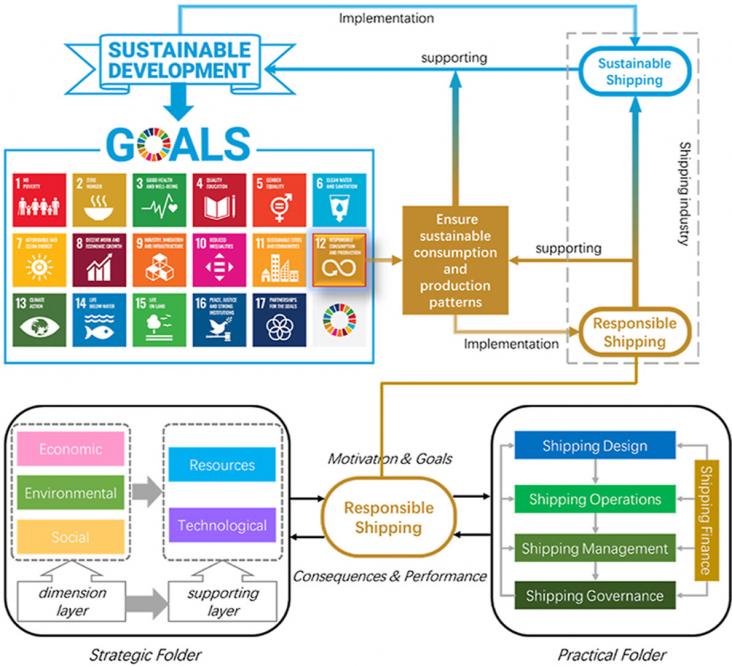In this paper the authors investigate the effects of climate changed and hydroclimatic extremes on hydropower production in India

As growing coastal societies and projected high population densities predict a larger demand for marine ecosystem services in the future, jellyfish may affect the fulfillment of such needs, thus becoming prominent players in provisioning, cultural, and supporting services. Hence, our results advocate for their inclusion in multidisciplinary research beyond regional scales and call for investing in this group through systematic surveys.

Offers practical insights to guide shipping industry managers to introduce environmentally responsible and sustainable practices.
This short communication reports on a new research agenda for understanding and advancing Planet Health Equity (PHE).
Elsevier,
Synthesis of Bionanomaterials for Biomedical Applications, Micro and Nano Technologies Series, 2023, Pages 493-528
This chapter aligns with Goals 12 and 13 by reviewing the ongoing research and development activities on the positive and harmful effects of NPs on the environment. First, the emission of NPs is described, then legislation and later the advantages and disadvantages of NPs toward the environment are highlighted. The possible consequences on human health and the environment, both negative and positive, are crucial issues that need to be addressed.
In this paper the authors analyze the impact of the Glasgow COP26 agreements on commitments from the Paris climate agreement
This study aims to increase the understanding of why some people may report a high degree of worry about climate change, while others (living in the same country) do not.
This article discusses how adaptation strategies affect risk in the case of compound extreme weather events
An investigation into a new integrated model for pricing and financing a sustainable supply chain that can reduce manufacturing costs and thus encourage better participation by producers in green projects.
In this paper the authors discuss the geothermal potential of sedimentary basins, and their role in achieving the decarbonisation of the energy sector
